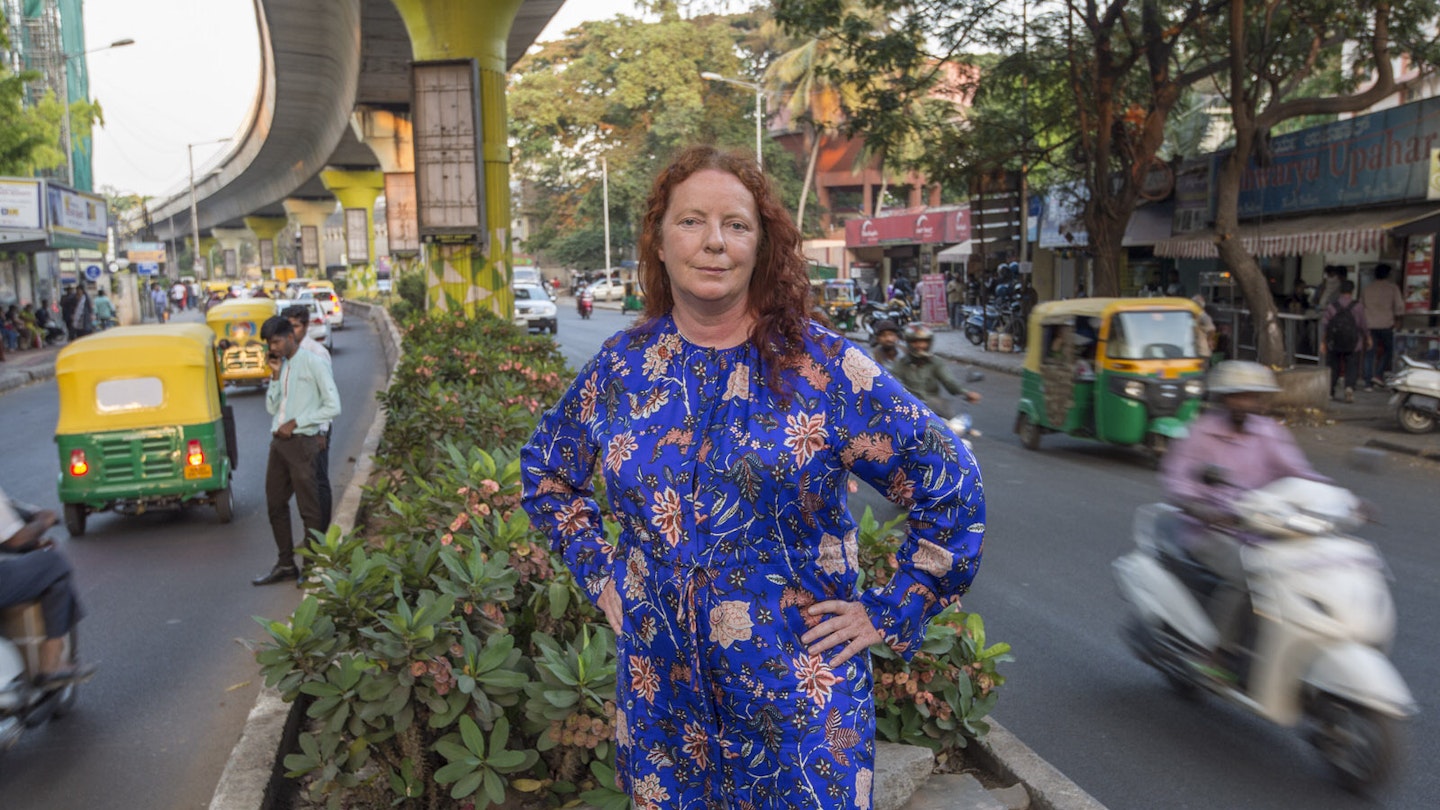Exploring Bali: A Solo Travel Journey
In the last thirty years, Rosita Boland has explored some of the most remote parts of the globe, carrying nothing but a battered rucksack and a diary. This journey is a testament to how her adventures dramatically shaped the course of her life. From perilous bus rides through Pakistan to witnessing the majesty of Antarctica’s ice landscapes and finding solace in Bali, Rosita’s experiences are filled with profound joy and deep personal loss.
On New Year’s Day, 2016, a minibus from the port of Padangbai dropped me at the Coco Supermarket at the south end of the beautifully named Monkey Forest Road, in Ubud, Bali. I began my walk, rucksack on my back, sweating profusely. It was late afternoon, and the humidity was like nothing I had ever experienced before. My mission was to find a guesthouse called Narasoma at the far end of the road.
Walking Through Ubud
The pavements were a chaotic mosaic of broken tiles, open sewers, and uneven paving stones, often blocked by parked motorbikes, or ‘motos,’ as they were affectionately called. Their drivers enthusiastically chanted the Ubud mantra: “Taxi? Taxi? You want taxi?” Others, tired of the constant inquiries, displayed laminated signs that boldly proclaimed “TAXI.” The cacophony of traffic, motorcycles, and tourist buses filled the narrow streets with an almost tangible noise.
January generally marks the beginning of the wet season in Bali. However, this year, the rains were delayed, and the temperature was exceptional. My rucksack weighed under 10 kilos, but in the sweltering heat, it felt like a ton.
Earlier that day, I had come from the Gili Islands north-east of Bali. During a brief stop at Gili Meno, I searched for guesthouses in Ubud, aiming to secure accommodations with a pool. My efforts led to discovering Narasoma.
The Guesthouse Experience
As I reached the far end of Monkey Forest Road, I located the entrance to Narasoma, directly facing a rugged football field where children played joyously, undeterred by its uneven surface. At the start of Beji Lane, signs directed me towards various guesthouses, but nothing seemed larger than a moto.
I entered the charming open-air reception with beautifully carved wooden arches.
“Do you have a reservation?” inquired Desak, the woman at the desk.
“No.”
She checked her ledger. “We have a room available,” she confirmed. “Let me show it to you. How long will you be staying?”
“Three days?” I suggested.
She took a key and indicated for me to follow her.
“Could I see the pool first?” I asked.

We strolled through a lush courtyard along a meandering path. Suddenly, the scenery opened up before me, revealing an expansive green space where tall coconut trees soared like masts of lush ships. Here, a bridge crossed over a gleaming river, surrounded by banana and frangipani trees, the latter adorned with yellow blossoms and a very old durian tree.
Nestled among this abundant greenery was an empty infinity pool, framed by pink hibiscus flowers. Its inviting blue waters shimmered, reminiscent of the luxurious pools often found in five-star hotels. Yet, this was a guesthouse, with my room priced at just €25 (US$28) per night. It was an idyllic setting, a pool I had longed to immerse myself in.
While I did not document my travels through social media, I occasionally shared long group emails with family and friends. One email, reflecting on my stay in Ubud, was titled, ‘My Bali Coma in Narasoma, aka Paradise.’ It was only partly a joke; after my three days were over, I returned to Desak and decided to extend my stay by six more weeks while also arranging my Indonesian visa. For once, I didn’t feel the urge to wander. I had discovered what felt like the perfect place.

Many had warned me that Bali was ruined, claiming Ubud had become a noisy traffic congestion, littered with rubbish. While it’s true that day-trippers might perceive Ubud as chaotic, staying in the area reveals a different, more tranquil experience. I cherished Ubud’s temples, markets, galleries, cafes, and the charming water palace, but my favorite aspect remained Narasoma, a serene oasis amid the urban hustle.
Extracted from ‘Elsewhere, One Woman, One Rucksack, One Lifetime of Travel’ by Rosita Boland.




